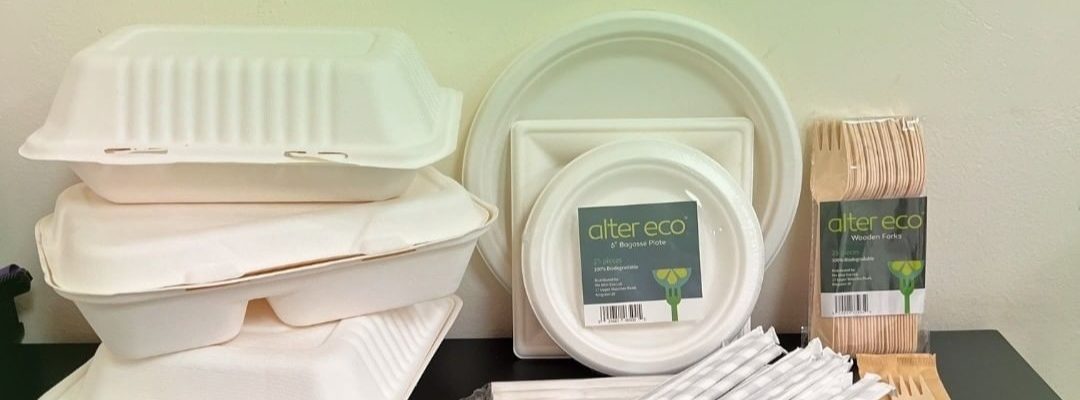

After witnessing the amount of plastic waste coming to shore and seeing the efficiency of the clean-up team in India, Suraj Buxani, managing director of We Alter Eco, decided he wanted to start a company that offers an affordable alternative to plastics in 2019.
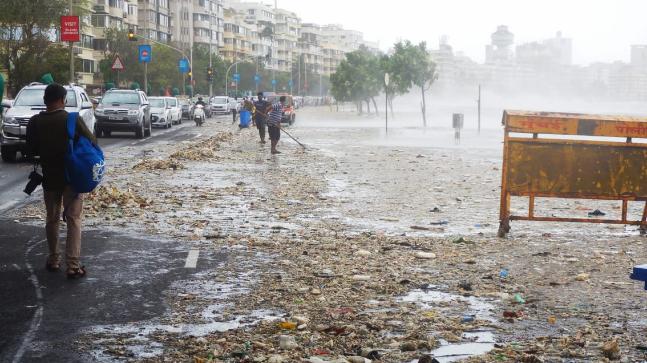
“Even before the Styrofoam ban, we found that there were a lot of people that wanted to change what they were using but weren’t necessarily fully comfortable making a full transition, some products just weren’t accessible or affordable to them, until we came in,” said Buxani.
We Alter Eco is a cause-based business that offers Jamaican businesses and consumers eco-friendly alternatives to plastics. They offer food boxes and plates made of bagasse or paper instead of Styrofoam and plastics as well as wooden forks and knives instead of plastic utensils.
“If a customer doesn’t want to buy from us, then no problem. This business was started as a for-purpose business more than a for-profit. We are happy once we hear someone switches from plastic to something that’s more eco-friendly,” said the business owner.

“Our clientele are usually caterers, restaurants, hotels, hospitals, for retail customers we offer eco-friendly plates and cutlery that are available in all the major retailers islandwide,” said Buxani.
“Our plates are fairly popular since they can hold similar amounts of weight as plastic plates for only a minimal price difference.”
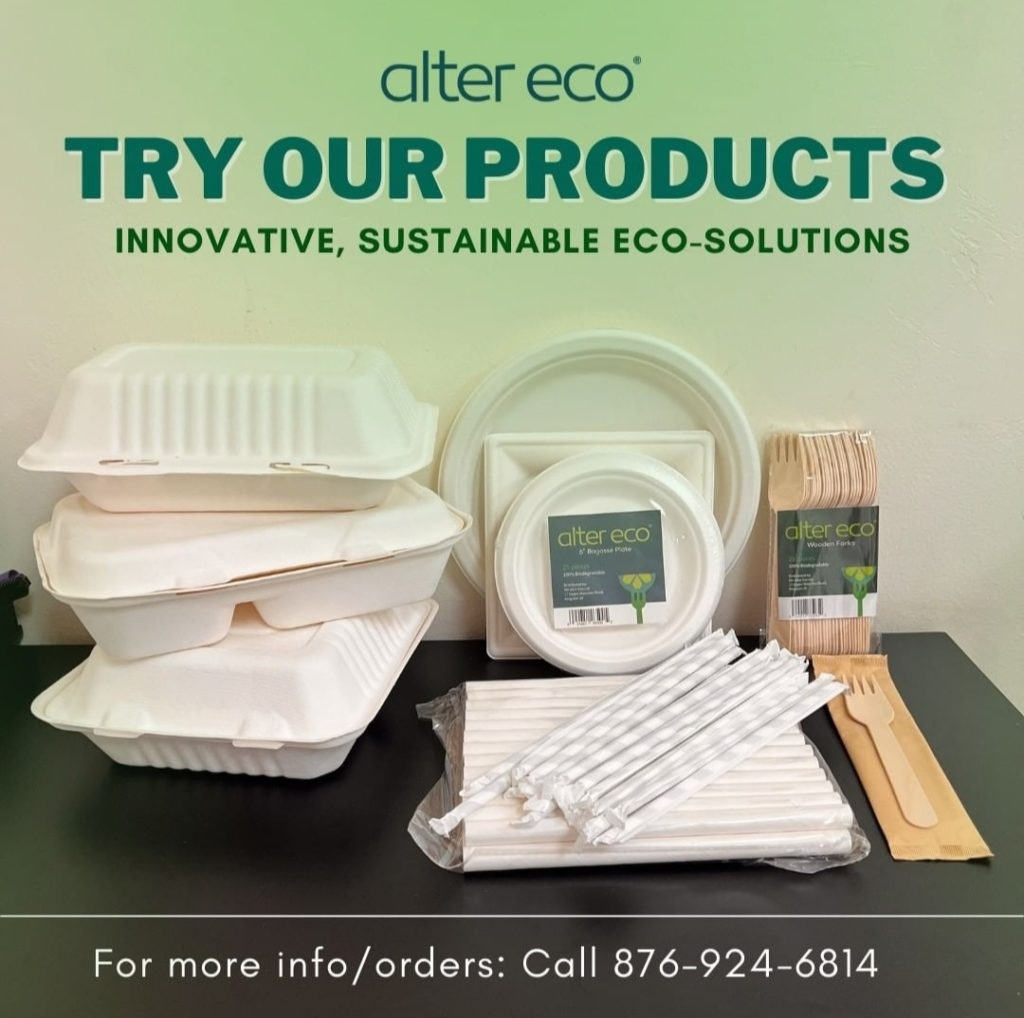
Using more eco-friendly products generally require certain small changes in how food is served. People already have their expectations with traditional food boxes and plastic plates based on what they’re used to which have led to a few problems, servers are used to stacking food boxes on top of one another, and people become averse if they see water collecting on the surfaces.
“Bagasse and paper boxes can’t be stacked the same way Styrofoam can, especially with hot food and people often mistake natural condensation, like what would happen if you leave a cold glass of water out, as leakage,” said Buxani.

“The issue with the current plastic ban is that it is too specific, someone can just make slight modifications to the dimensions of their plastics and they’re legal. While I understand that the government is looking into expanding the ban, as things are now, the accepted substitute for Styrofoam is plastic and if we’re just going to replace Styrofoam with something just as damaging, then what would be the point,” he continued.
“The issue with the current plastic ban is that it is too specific.”
Suraj Buxani
Buxani points out that transitioning away from Styrofoam and plastics is more than just an eco-friendly option but one of public health. Although he clarified that he has not completed extensive research on the matter, the National Research Institute in the US published in 2014, that styrene – the raw material used in Styrofoam products – has the potential to cause cancer.
“If a customer doesn’t want to buy from us, then no problem, this business was started as a for-purpose business more than a for-profit, switch from plastic to something that’s more eco-friendly,” said the director.
We Alter Eco heavily values its relationships with schools and has partnered with the Jamaica Environment Trust (JET) – what Buxani calls “Jamaica’s standard bearers at the forefront of protection that hold governmental agencies to account” where the company has, since its inception, sponsored the Trust’s School’s Environment Programme. The company also sponsors one per cent of its revenue to JET annually to assist the Trust with all its work.

“With everything, change takes time. People’s mindsets need to change, which is why we try to do business with as much school as possible. What you learn in school is what you take into life. It’s an important market because, beyond selling a product, you’re educating people about making better choices for themselves and their future generations,” said Buxani.
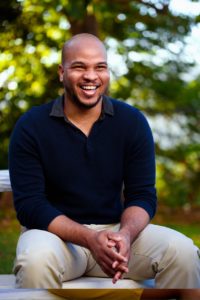

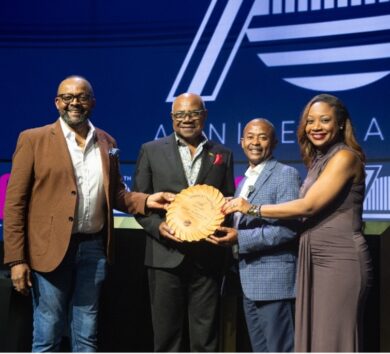
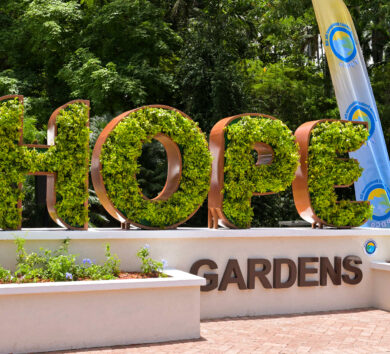
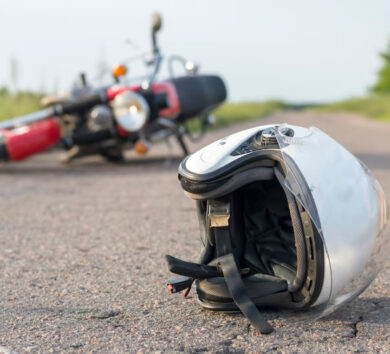

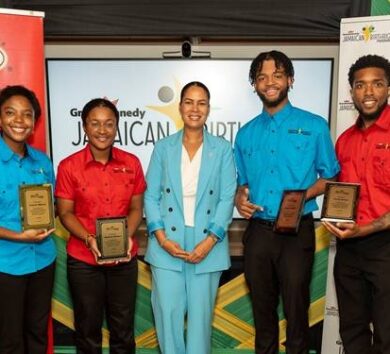
Comments